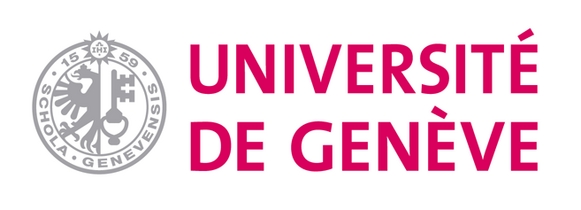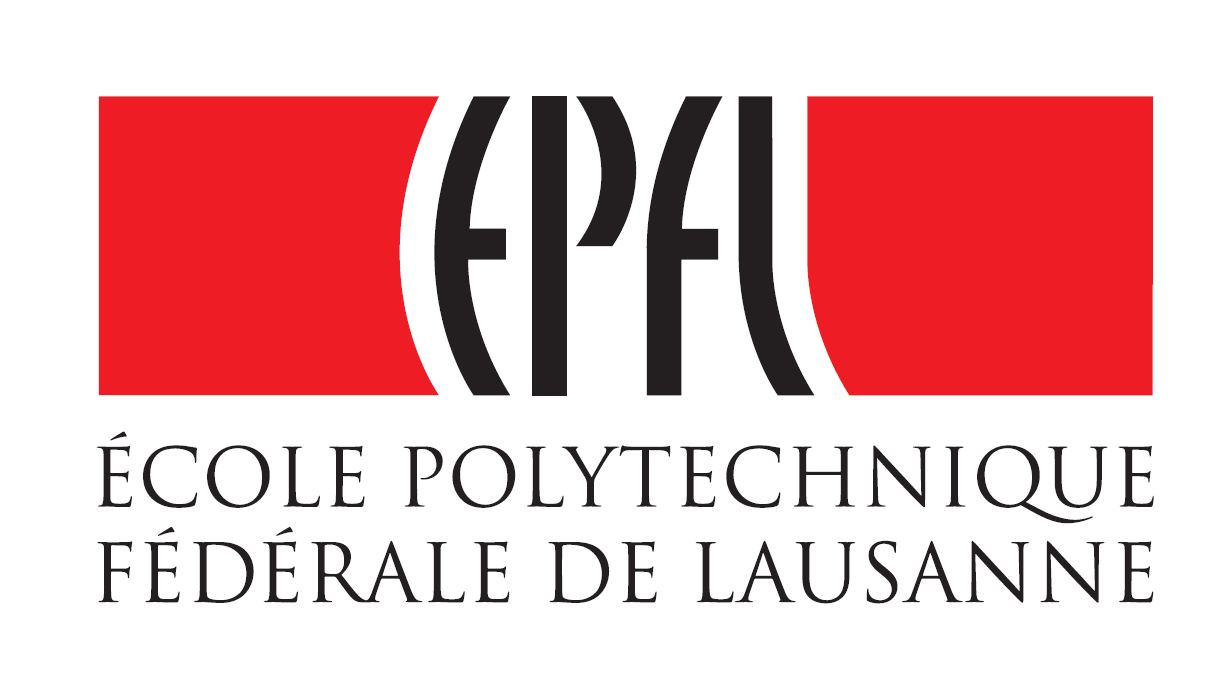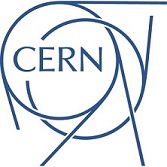Mobilising UNESCO Chairs in Natural Sciences for Policy Action towards the 2030 Agenda
UNESCO counts with a vast network of Chairs and UNITWIN Networks specialized in the Natural Sciences, with unique expertise and potential. This conference brought them together for the first time, to contribute to the reflection on sustainable development. During this conference, the Chairs and Networks built synergies and pool resources for the implementation of the 2030 Agenda and its Sustainable Development Goals.
UNESCO’s vast network of Chairs and Networks in the Natural Sciences concluded their first meeting with the adoption of the Geneva Milestone, a blueprint to strengthen UNESCO Chairs’ contribution to transformative change towards the implementation of the 2030 Agenda for sustainable development through cooperation.
- Geneva Milestone
English | Français (pdf) - Adoption of the Geneva Milestone
Ms Flavia Schlegel, UNESCO Assistant Director-General for the Natural Sciences
Background
In September 2015, the United Nations adopted a resolution setting an agenda for sustainable development “for people, planet and prosperity”: the 2030 Agenda for Sustainable Development.
Following the success of the Millennium Development Goals, which came to end in 2015, the 2030 Agenda builds on their achievements and sets 17 Sustainable Development Goals (SDGs) and 169 targets.
The 2030 Agenda represents a significant step forward in the recognition of the contribution of science, technology and innovation (STI) to sustainable development and as a driving force, not only for economic growth and prosperity, but also for environmental sustainability, development and social inclusion. The 2030 Agenda offers immense opportunities to reconnect science to society and to build a new basis for research and development as a key precondition for both science and society to flourish.
As the only UN agency with science in its mandate, UNESCO is at the heart of this initiative, through our intergovernmental scientific programmes, through our science education initiatives, through our Centres of Excellence, institutes and UNESCO Chairs and UNITWIN Networks.
The Conference is organised whithin the framework of the UNITWIN/UNESCO Chairs Programme, which celebrates its 25th anniversary this year. The success of this initiative is impressive and we count today more than 700 UNESCO Chairs and UNITWIN Networks worldwide, with more than 170 in Natural Sciences.
Therefore, the UNESCO Chairs and UNITWIN Networks have an important role to play in the common effort to achieve the Sustainable Development Goals.
Sponsors





